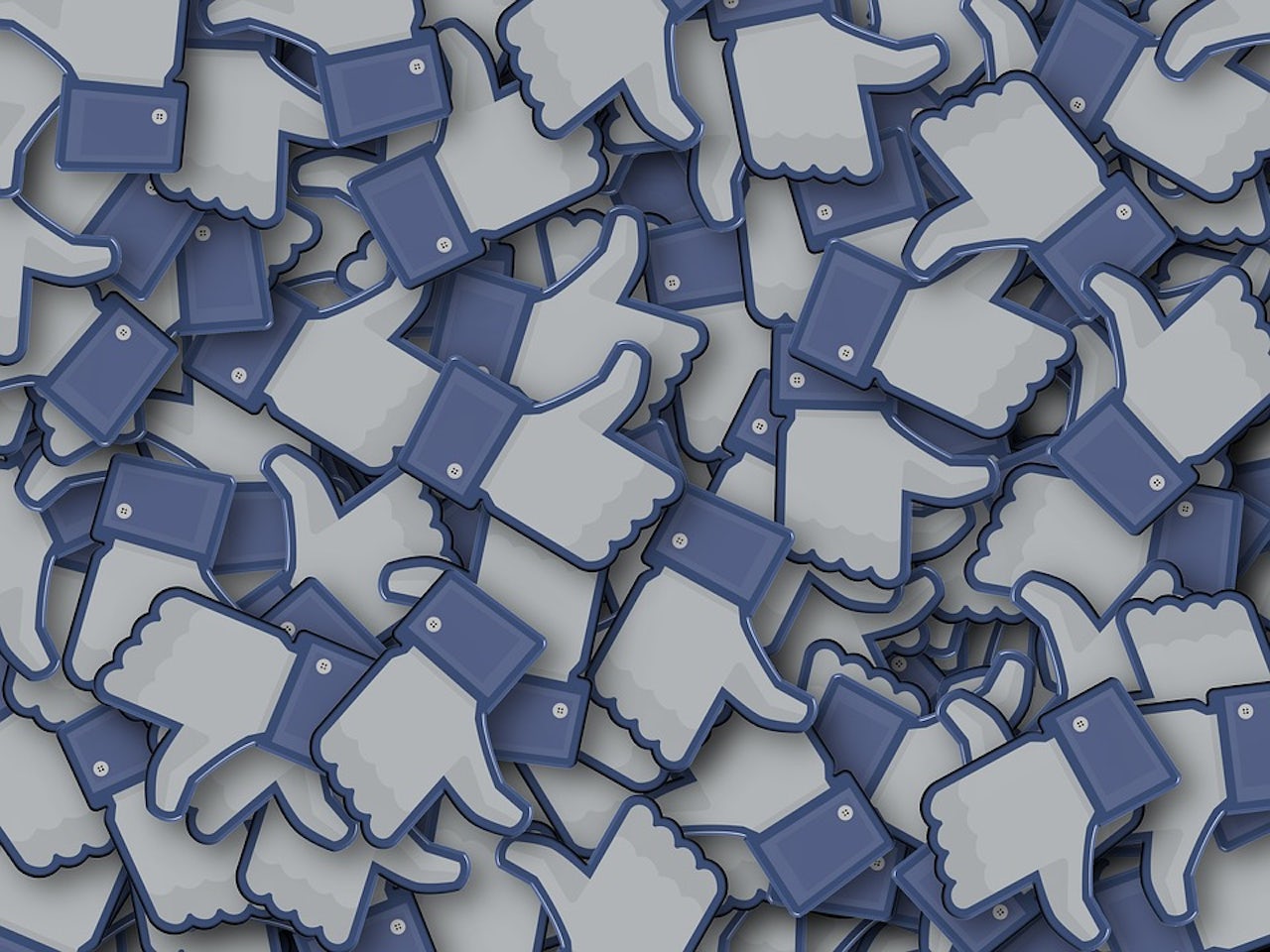The other morning, I spilled a bunch of tomato sauce on my kitchen floor. Like a normal person, I wiped it up with a paper towel and then smothered some Mr. Clean over the crash site. I did not choose to, say, pour more tomato sauce on the floor, and it never occurred to me that it would have been a good idea to do so. It would not have made the mess any cleaner. It would have only made it worse.
Adam Mosseri, the chief executive of Instagram and thus one of Mark Zuckerberg’s most important deputies, would have us believe that the proper to clean up tomato sauce is with more tomato sauce. In a recording of a company meeting recently leaked to The Verge, Mark Zuckerberg insisted that breaking up Facebook — one of Democratic presidential candidate Elizabeth Warren’s explicit proposals — would make bad things like “election interference” more likely “because now the companies can’t coordinate and work together.” Mosseri, like a good senior executive man, backed him up. Speaking with NBC’s Today Show, he insisted that Zuckerberg was right to reject Warren’s argument.
“It makes sense to me that people would be anxious about our scale,” Mosseri said, before creeping back toward the company line: “If you want to prevent interference in elections, if you want to reduce the spread of hate speech on the platforms, we benefit massively from working together closely.”
Despite the implication, there is no law that prevents companies from coordinating with one another to prevent “election interference” from happening. In fact, it has usually been the purview of the law itself to stop such things, and it’s the immensity and opacity of Facebook that has operated as a stumbling block in the past. The Federal Election Commission, sapped of any real power by years of Republican governance and Silicon Valley lobbying, isn’t really in a position to enforce the few rules that it has on the books regarding digital platforms and dirty tricks. Mosseri and Zuckerberg want you to believe that there is a positive correlation between the size of Facebook’s revenue and its ability to stop bad things from happening on Facebook (and Instagram), when they actively sought to stop agencies like the FEC from doing their job.
And besides, tech companies that aren’t owned by one another are happy to cooperate when it serves their interests. Consider the the $415 million settlement that Google, Apple, and other tech companies were forced to pay out after being caught agreeing to not poach one another’s employees, in order to keep wages down.
That Facebook is too big is obvious. One of its co-founders wrote a New York Times op-ed saying as much this past May, and journalists have repeatedly pointed out instances in which Facebook and its subsidiaries have bungled issues of human rights abuses, freedom of speech, and much more, all stemming from the fact the Facebook is too big to have an idea of what is happening on Facebook. As the Times concluded in an investigation last fall of how Facebook evolved into a scandal-ridden company:
Bent on growth, [Zuckerberg and COO Sheryl Sandberg] ignored warning signs and then sought to conceal them from public view. At critical moments over the last three years, they were distracted by personal projects, and passed off security and policy decisions to subordinates, according to current and former executives.
It turns out that scaling up as quickly as possible was great for business and bad for pretty much everything else. It’s salt in the wound that Facebook’s leadership is now insisting that this bigness is what makes them uniquely suited to cleaning up their mess.
None of this is unique to Facebook; the size and reach of YouTube, Amazon, and Google’s search engine all represent different dimensions of the same problem. But what Mosseri and Zuckerberg are telling the world is that, in fact, big is good. Big is coordination, big is competency, and, yes, big is good for the bottom line. Only that last part is the truth.
